For a long time, it looked as though Harvey Milk was destined to become the gay Harold Stassen. Milk first ran for the San Francisco Board of Supervisors in 1973 when, sporting a mustache and a long pony tail, he declared, "I stand for all those who feel that the government no longer understands the individual and no longer respects the individual rights." He was defeated.
He ran for supervisor in 1975, calling for a program to bring San Francisco government "back to the people who actually live in The City." He was defeated again.
In 1976, Milk ran for the California State Assembly; to his dismay, a number of gay leaders supported his heterosexual opponent, Art Agnos. Milk had just been appointed to the city Board of Permit Appeals by Mayor George Moscone. When he decided to run for the assembly, the mayor fired him from his new post. Milk then went on to lose the election -- two defeats for the price of one.
So when Milk ran for the San Francisco Board of Supervisors in 1977 and won, victory was sweet indeed. Even Milk's detractors had to admire his persistence and determination. Said the exultant candidate: "I understand the responsibility of being gay. I was elected by the people of this district, but I also have a responsibility to gays -- not just in The City, but elsewhere."
Milk never lost sight of that responsibility. During his year in office, he submitted a landmark gay rights ordinance to the board of supervisors. The measure -- which moved to end antigay discrimination in jobs, housing, and public accommodations -- was passed by the board and signed into law by Mayor George Moscone. Supervisor Dan White, the alleged assassin of both Milk and Moscone, cast the only dissenting vote.
Milk and San Francisco Police Chief Charles Gain met with representatives of the gay community and urged homosexuals to report antigay harassment or violence to the police department. Milk also met with gay people in the South of Market area about a rash of arsons there.
He fought to have the board of supervisors grant Phyllis Lyon and Del Martin, long-time lovers and lesbian activists, a certificate of honor for "25 years of living together, of working together, of collaborating together; 25 years as leaders and pioneers against bigotry." The two women received the award.
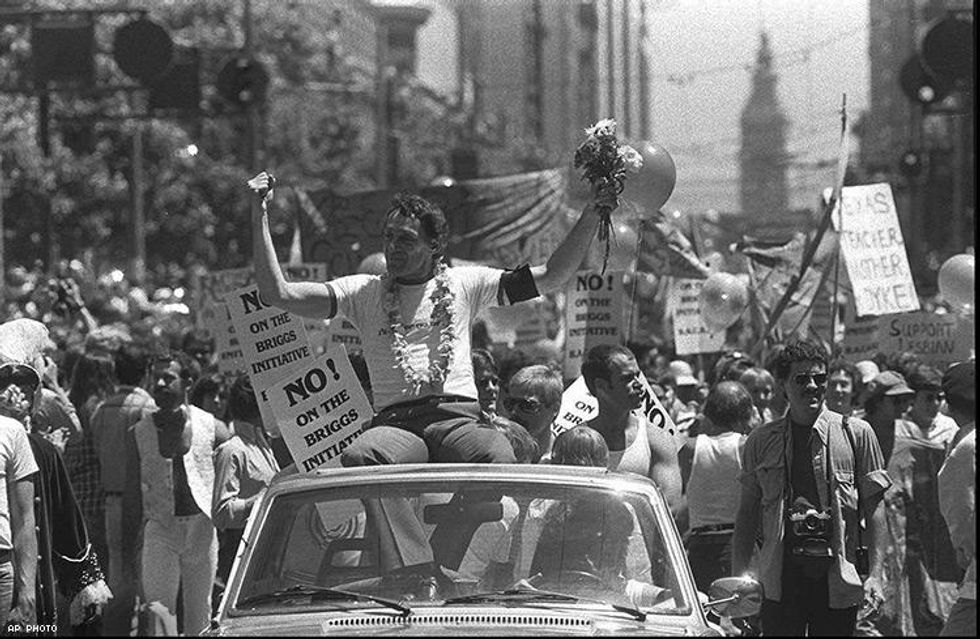
At this year's gay Pride parade, Milk spoke forcefully about the need for gay people to come out of the closet. He called on President Carter to come to California and speak against the Briggs initiative.
Milk -- along with San Francisco State University speech instructor Sally Gearheart -- debated John Briggs on television. He went to Chicago to campaign for a gay candidate running for a seat in the Illinois House of Representatives.
But Milk also realized that a gay public official had to deal with a whole range of issues. In doing so, he felt he could help straight citizens learn to trust and respect gay people. Noted Milk, "I'm showing people here that the gays are involved with taxes, and dog shit, and Muni, and everything else. So that when people say 'Hey, you know it doesn't matter if a person is green with six heads.'"
Milk was neither green nor six-headed, but he did involve himself with everything from taxes to public transportation. He proposed that the board of supervisors re-examine San Francisco's city government and its thousands of municipal codes. After the Jarvis Gann property tax cut was passed, he urged San Francisco to adopt legalized gambling as a way of raising revenues. He was active in debates over the construction of the Yerba Buena convention center and proposed improvements at the San Francisco airport.
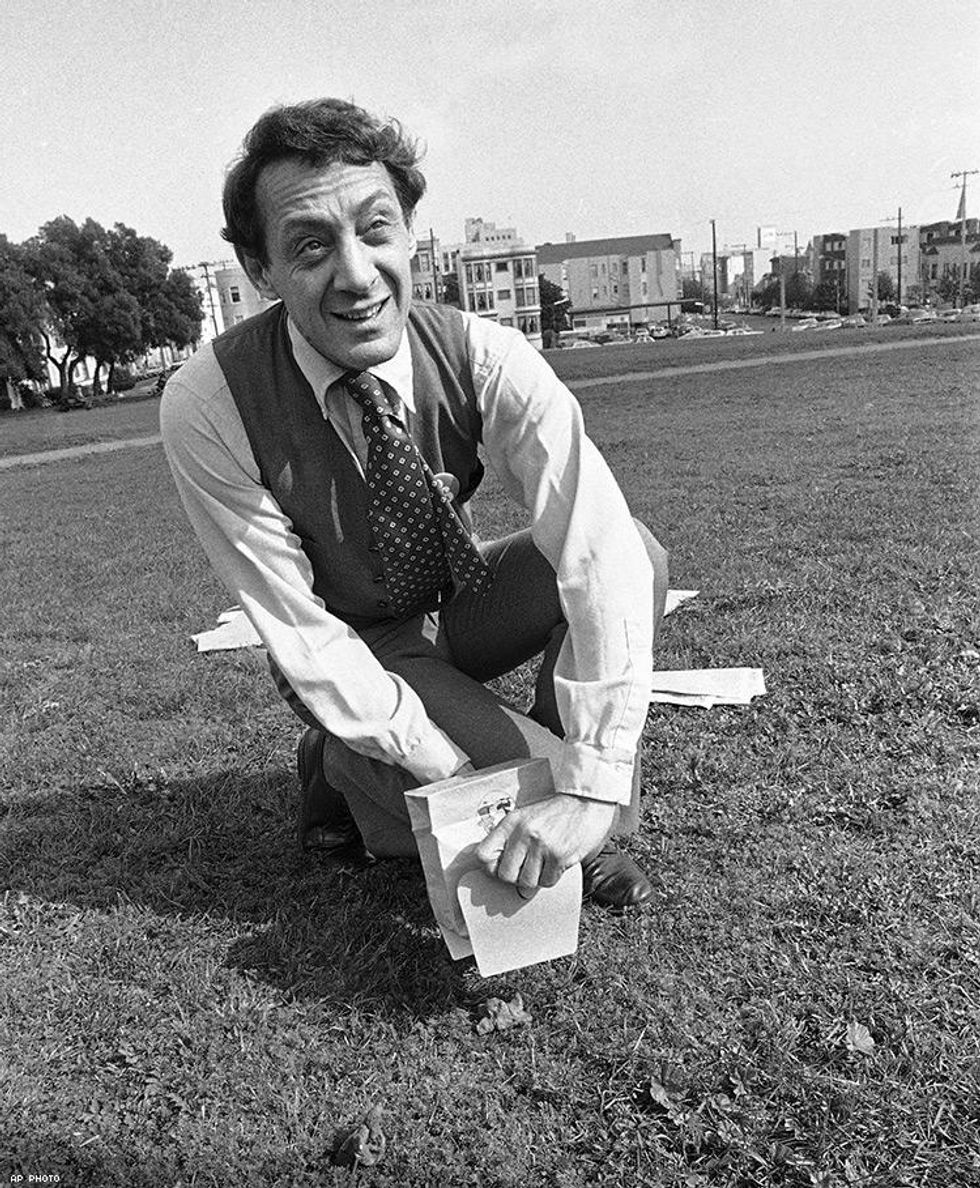
And yes, Milk was involved with the issue of dog shit. He authored a bill to force dog owners to clean up after their pets "did it" in the streets. The bill was passed by the board of supervisors and signed by Moscone. Milk went on to demonstrate his techniques for picking up dog deposits. He reportedly conducted the demonstration with synthetic droppings and then, in full view of the media, accidentally stepped in the real thing.
Nobody laughed louder than the supervisor himself; despite his deeply felt convictions and political fervor, Milk never lost his sense of humor. On the contrary, he had a quick smile and an easygoing friendliness with people. It was one of the reasons he took the bus to city hall each morning.
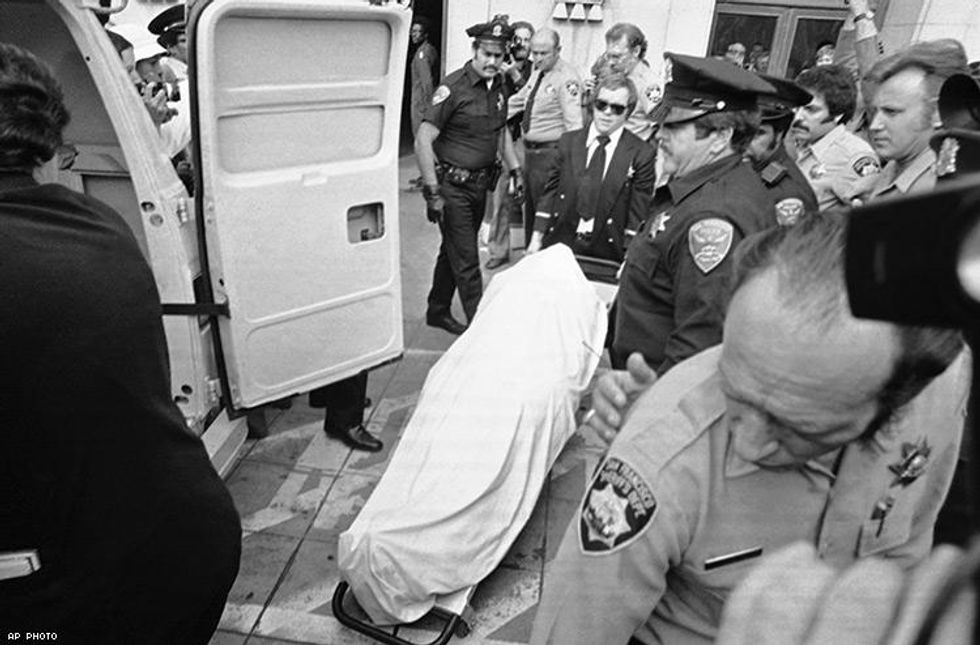
"Riding Muni is one of the best ways I can keep in touch with people," Milk said. "A lot of the people on the bus recognize me and either wish me well or complain about how the city is being run. Besides, meeting people for just a 25-cent Muni fare is one of the biggest campaign bargains around."
Milk entered politics relatively late in life; he was 43 years old when he first ran for the board supervisors. He decided to become politically active out of anger over the Vietnam War and the Watergate scandal: "I finally reached the point where I knew I had to become involved or shut up."
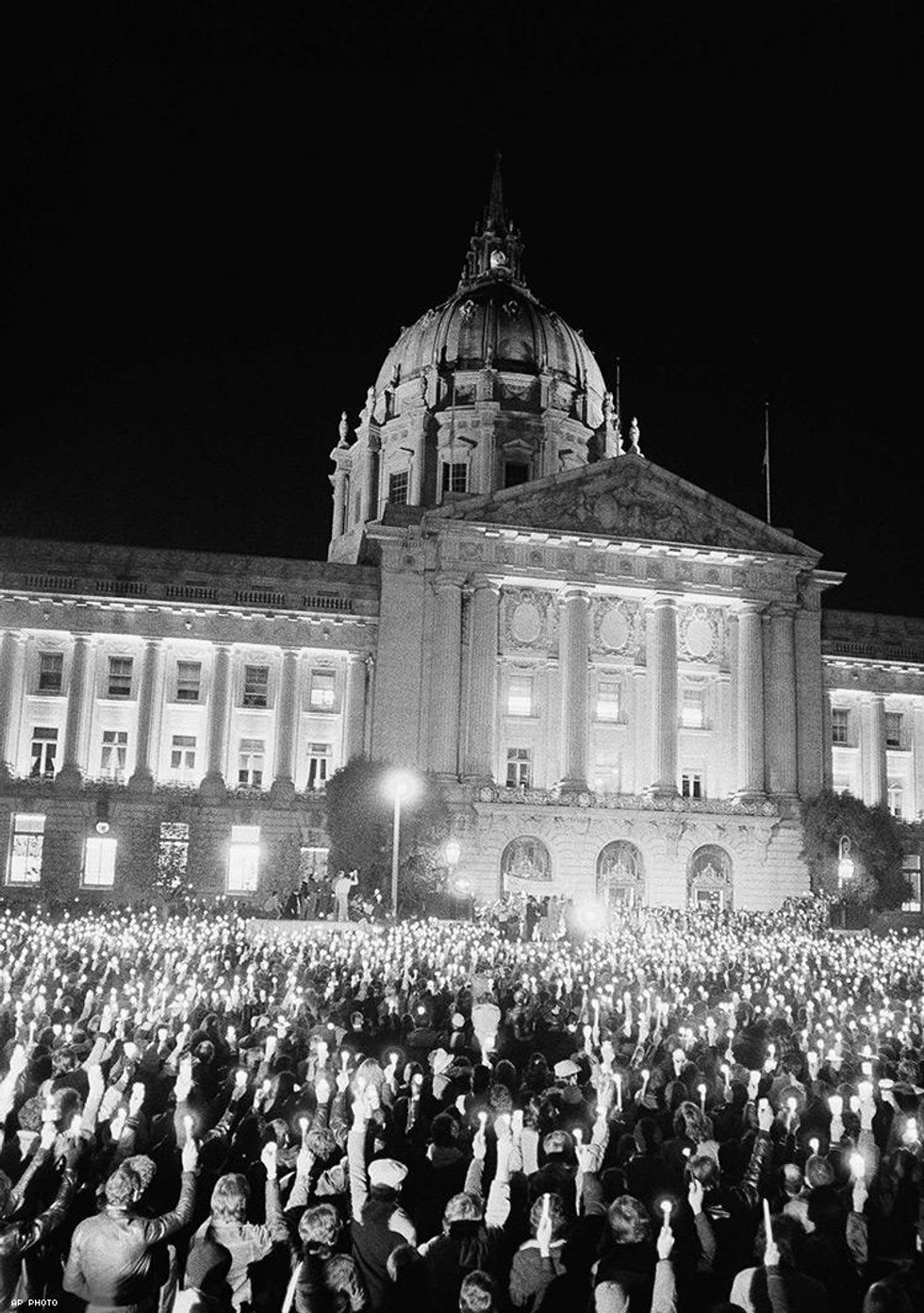
Born in the village of Woodmere (New York), Milk was the second son of a Jewish family. His father was in the retail clothing business. Milk graduated from Albany Teachers College in 1951. It was during the Korean War, and he became a Navy deepsea diving officer on a submarine rescue ship in the Pacific. In 1953, the Navy discovered his homosexuality and Milk was dishonorably discharged.
This discharge prevented Milk from pursuing his teaching career, so he worked for insurance and brokerage firms. He also helped produce several Broadway musicals and plays. In 1969, he moved to San Francisco and became a securities analyst with a large company. However, his position was abolished following a merger. It was then he came out of the closet.
"It wasn't a difficult transition," Milk recalled. "In fact, it was easier than I expected, almost like a weight had been lifted off my back. I realized I no longer had to lead a double life with double standards."
Milk opened a popular camera shop in the Castro area. A month before his death, he closed the store for the last time; it was losing money because he was devoting so much time to his job as a supervisor.
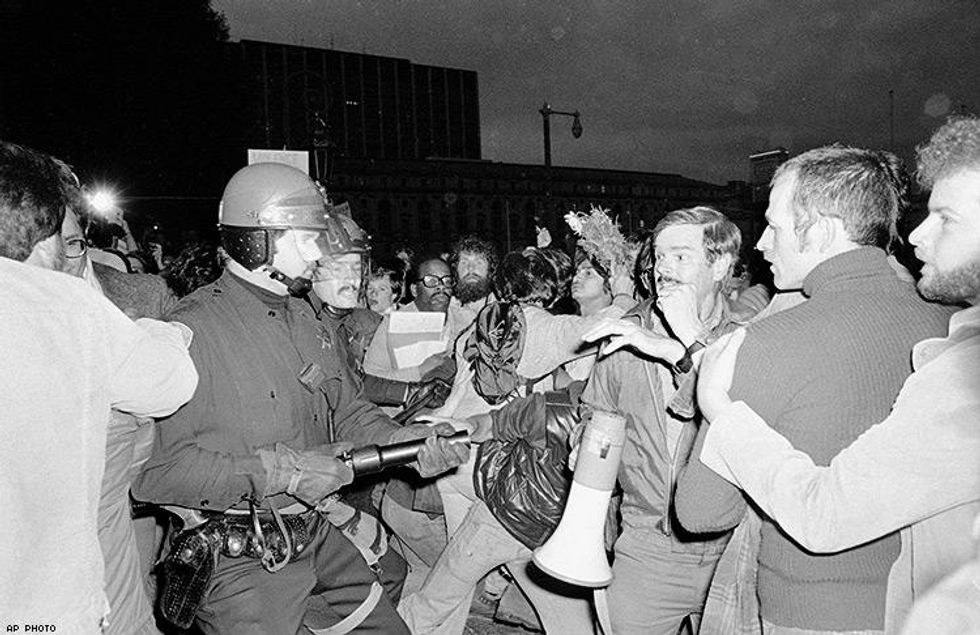
As San Francisco's first openly gay supervisor, Milk came to symbolize the gay community's determination to be part of the political process. His very presence in City Hall forced San Franciscans to acknowledge that gay people play a vibrant, important role in the life of San Francisco.
The slaying of Milk brought forth an unprecedented display of sorrow and affection from San Francisco's gay population. It was perhaps an indication of how much the man had grown during his year in office.
In the end, Milk -- the gay Harold Stassen -- was called a gay Martin Luther King Jr.
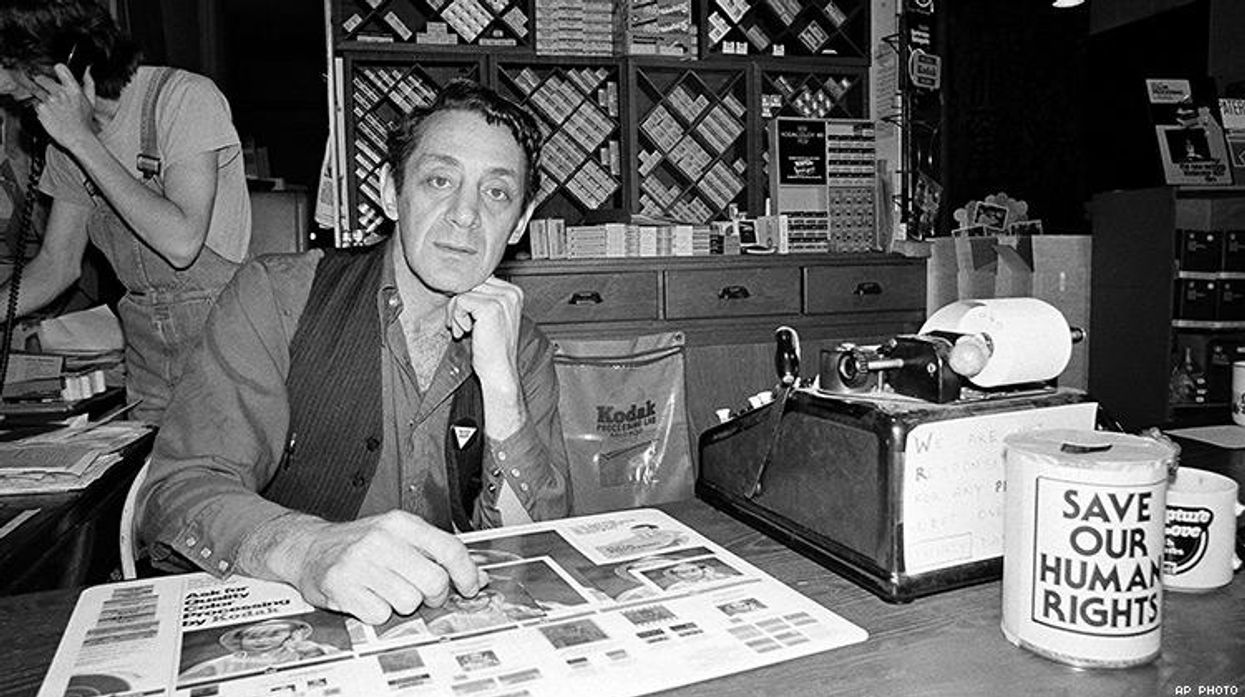







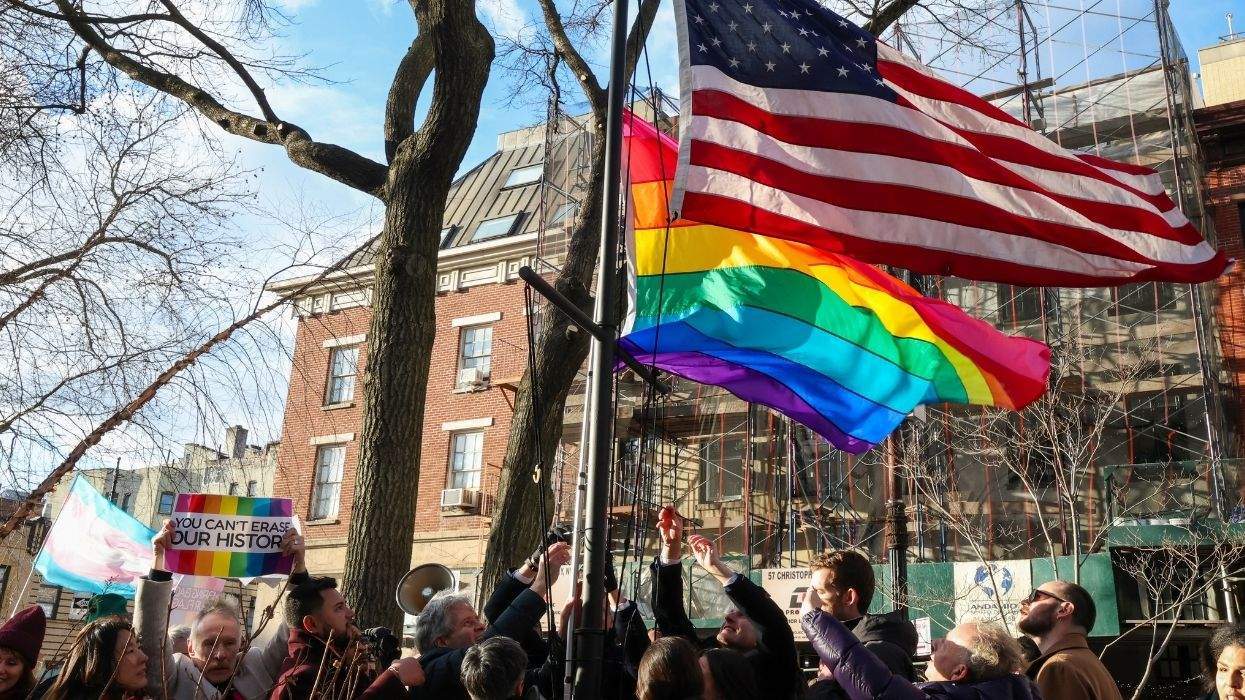






Charlie Kirk DID say stoning gay people was the 'perfect law' — and these other heinous quotes
These are some of his worst comments about LGBTQ+ people made by Charlie Kirk.